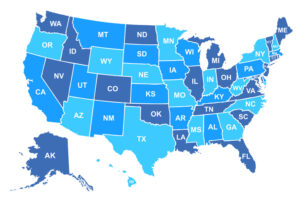Ruling in Challenge to Marketplace Rule: Initial Analysis and Implications for States

On August 22, a federal court blocked major provisions of a regulation affecting the Affordable Care Act’s health insurance Marketplaces. In a new post for the State Health & Value Strategies program, CHIR’s Sabrina Corlette and the Urban Institute’s Jason Levitis review the court’s ruling and its implications for states.







